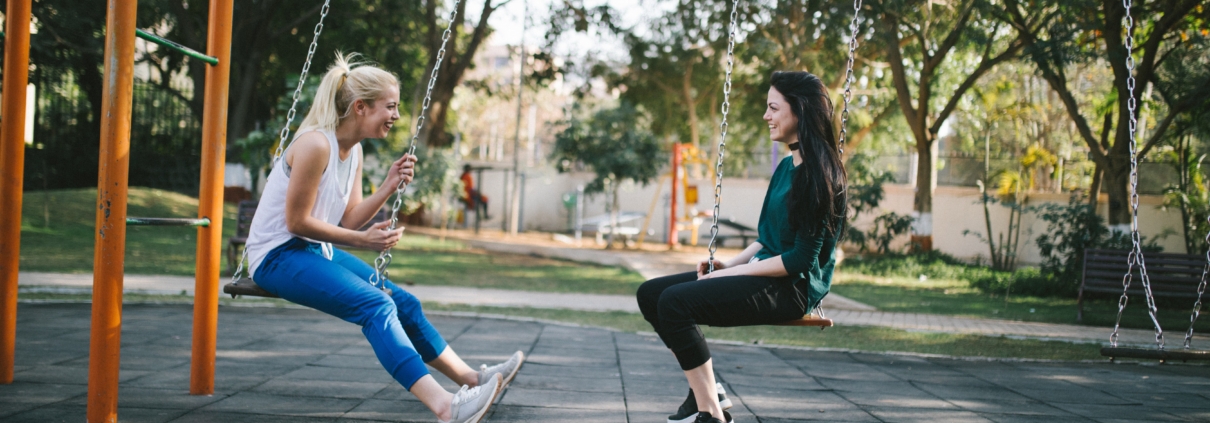Talking to our kids about COVID-19
I wanted to reach out to our MBS Performance community in response to the conversations I have had with clients, parents, educators, and other members of the community. Talking to my clients, who range in age from 11-25 years old, I have noticed a shift in the content of our sessions ever since COVID-19 has dominated the news and affected our everyday lives.
So, I wanted to send a few thoughts, pieces of advice, and observations to help you discuss this pandemic with your adolescent children.
Our kids are listening
They are watching the news, following social media, hearing you and their friends. Much of what they are hearing is not based in fact, especially the rumor mill on social media. This can cause a higher level of anxiety and worry. Many adolescents cite the panicked reactions of their parents as reasons for their own fear spikes. In addition, they are also seeing global numbers, which are scary, and letting these statistics drive their concerns.
What to do: Talking to your kids about what they have heard, questions they have, and what they think about the decisions being made is so important!. Having a conversation allows them to organize the many thoughts and emotions they have and allows you to know if they are feeling concerned or afraid about this situation. Try to manage your own thoughts and emotions so you are not inadvertently creating more anxiety within your kids. Break down the larger, global numbers, into more understandable local statistics. Put these numbers into perspective for them.
The unknown is scary to them too
Even as adults we have no clue what to expect from this health crisis. We are trying to make sense of it.  Whether we are in full panic mode, buying every non-perishable in sight, or we have decided this is nothing more than a milder flu, we are trying to make sense of what we do not know. Our kids are doing this as well. Many of my clients bring up COVID-19 somewhere in the session, and then describe how scary it is to be unsure about what might happen.
Whether we are in full panic mode, buying every non-perishable in sight, or we have decided this is nothing more than a milder flu, we are trying to make sense of what we do not know. Our kids are doing this as well. Many of my clients bring up COVID-19 somewhere in the session, and then describe how scary it is to be unsure about what might happen.
What to do: Optimism teaches us to focus on what we can control. So in this situation filled with unknowns, most of which is out of our control, talk to your kids about actions they can take to protect themselves. Do not share drinks, ear pods, food, etc, wash hands, etc.
Their entire world has shifted over the past few weeks
We have all been dealing with a new normal, but as adults, we are better equipped with strategies to deal with
hard times. We have life experiences that have taught us how to overcome setbacks. Our adolescents have lost their academic, athletic, and social routines all at once. On top of that, many are now engaging in less physical exercise and more screen time. They are missing out on numerous outlets to reduce anxiety (social engagement, exercise, engaging in academic thinking, etc). On top of it all, they are worried, scared, and uncertain what the future holds.
What to do: There are some important strategies that you can employ for your kids, and for yourself. First, try to stay as close as you can to your regular routine. Get them up at a normal time and encourage them to get dressed for the day. Have them focus on schoolwork from the morning to early afternoon and then get them outside for some sunlight and exercise. Even if this is a walk around the neighborhood, it is a needed physical activity to release dopamine and reduce anxiety and stress. Teach them to focus on what they do have, practicing a sharing of gratitude at dinner or before bed. Talk to them about the positive aspects that we can take out of this new schedule and help them utilize their time pursuing a new hobby or spending purposeful time with loved ones. Help them set up times to speak with friends over platforms like Zoom. Finally, use breathing exercises and meditation to live in the moment, focus on what you appreciate, and reduce anxiety. It is important for you, the parent, to practice this strategies as well so you can be at your best too. Get a good night’s rest and remind yourself and them, we are all doing the best we can!
They fill in the unknown with their own narrative
The ancient Greeks had an entire God system derived from the unknown. Tidal waves and high tides were explained away by deciding Poseidon was mad. Without the convenience of modern science, the Greeks were merely trying to make sense of the unknown. Our adolescents are old enough to know something serious is happening, but may not be looking further for scientific answers. Our kids are just filling in the blanks with their own answers, even if these are adding to their fear and anxiety. When we are faced with negative circumstances, we tend to write a narrative that ends in worst case scenario.
What to do: Again, talk to your kids about what they know and how they are making sense of it. Help them fill in the unknown by providing factual information and statistics. Try to provide a balanced narrative, explaining the seriousness of what is happening but not promoting catastrophizing thoughts.
Let them feel how they feel
It helps our kids when they can just admit they are feeling anxious, scared, nervous or worried, without being told not to feel that way. We often try to rescue our kids from feeling “negatively.” So, when we hear they are scared, we tell them to just be brave, or when they are worried, we tell them not to be.
What to do: Instead, validate how they are feeling. It is okay to be scared. Ask them to explain what frightens them most. If anxious, let them know it is okay to feel this way. If you are feeling scared or anxious, you can let them know you are feeling this way too. Show them it is not a negative thing to be worried. Talk to them about their worries and fears, separating out the false information and helping them make sense of their thoughts and emotions.
I hope some of this feedback helps.
I encourage everyone to check in with their adolescent aged children to see if they have questions, concerns, or worries surrounding COVID-19. Doing so will allow them to organize their thoughts and understand their own fears and worries.
If your son or daughter needs further help dealing with their anxieties or fears, we are offering extended hours and online video sessions. Please contact us today if we can help!
Ryan Defibaugh, LCPC, NCC, is the owner of MBS Performance Counseling, LLC in Frederick, MD. He works with adolescents and young adults to help them thrive in their athletic, academic, social, and personal lives. Ryan uses his experience as a former Division I college coach along with his counseling background in order to empower our youth with skills such as optimism, resilience, grit, and problem-solving abilities.



